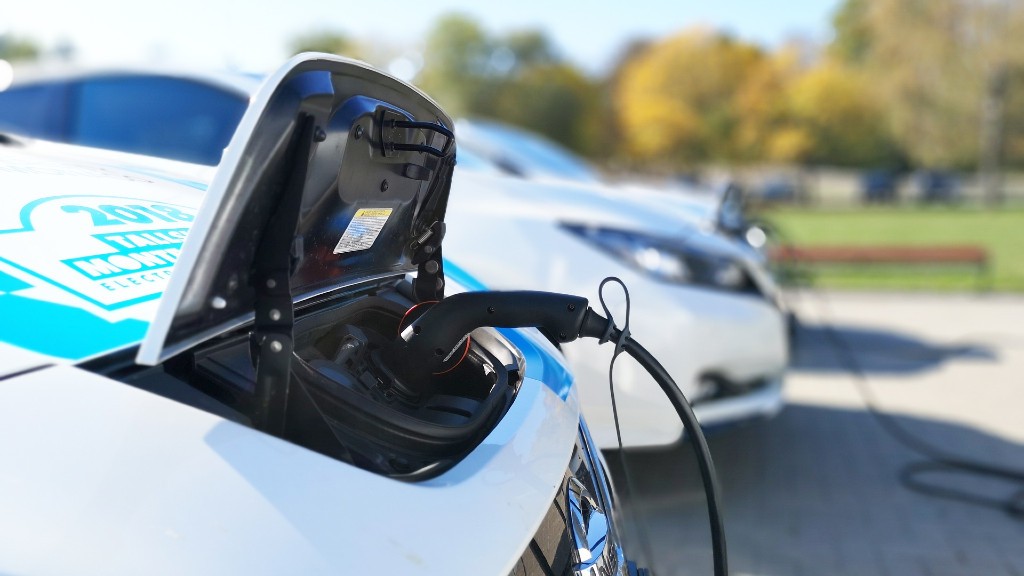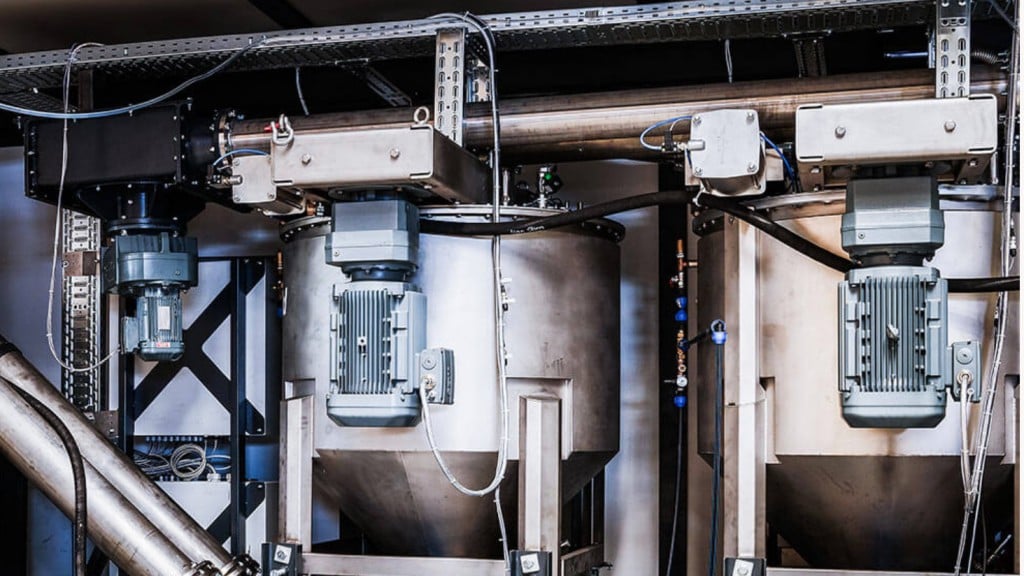
Green Cubes Technology will participate as a founding member in CircuBAT. CircuBAT is a Swiss research program that aims to create a Swiss circular business model for the production, application, and recycling of lithium-ion batteries. Seven Swiss research institutions and 24 companies are joining forces to look for ways to boost sustainability in all stages of a battery's life cycle.
CircuBAT will focus on finding solutions that boost sustainability in all phases of a lithium-ion battery's life cycle. This will include extending the lifespan of batteries during their first application. Researchers hope to achieve this by developing optimal charging and discharging strategies as well as new concepts for battery construction that make repairs easy. The project also aims to put batteries to use as stationary energy storage systems after they are retired from their first mobility-related application. To that end, CircuBAT will look at the best ways of integrating these batteries at a local level and ensuring their safe and efficient operation. Finally, the researchers will look for solutions for remanufacturing batteries and recovering materials that enable large quantities of high-quality secondary raw materials to be used to produce new batteries.
Bern University of Applied Sciences BFH is the leading house in the CircuBAT project. On the science side, an additional six Swiss research institutions are involved in the project: Empa, the Swiss Center for Electronics and Microtechnology (CSEM), the University of St. Gallen (HSG), the Eastern Switzerland University of Applied Sciences (OST), the Switzerland Innovation Park Biel / Bienne (SIPBB) and the EPFL (Swiss Federal Institute of Technology). These institutions are joined by 24 companies from economy and industry, among them are Kyburz, Leclanché, Bühler, and Green Cubes Technology.
As a founding member of CircuBAT, Green Cubes Technology has made a multi-year financial investment in the program. The company will also contribute first-use lithium-ion batteries for experimentation and testing within the program, provide engineering design services to develop new more-efficient batteries, and contribute intellectual property to achieve the objectives of CircuBAT.
Green Cubes Technology will participate in two working groups. The "First Use" group will focus on extending the life of first-use batteries through extensive analysis of deployed batteries in the field. Green Cubes Technology will contribute performance data collected from its prolific installed base of Lithium-ion batteries. The "Second Life" group will focus on creating second-use and second-life opportunities to minimize the total CO2 footprint of lithium-ion battery systems during their lifetime.
Since its inception 30 years ago, Green Cubes Technology has gained considerable experience minimizing the environmental impact of its deployed batteries. This positive impact will be amplified with a system of second-life batteries, where the installed base of first-use batteries is redeployed when they reach a certain age limit. The lithium-ion cells used in Green Cubes Technology's batteries are non-toxic and are currently recycled and reprocessed at their end of life. Going forward, these cells can be repurposed into less demanding second-life applications such as backup energy storage.
"We joined the CircuBAT research program because its mission is very well aligned with ours," said Keith Washington, CEO of Green Cubes Technology. "We all want the same thing and that is a circular economy for lithium-ion batteries. We are looking forward to sharing our experience, and giving electric mobility batteries a second life with our Swiss partners in the CircuBAT research program, as they strive to make the Swiss economy as sustainable as possible"


